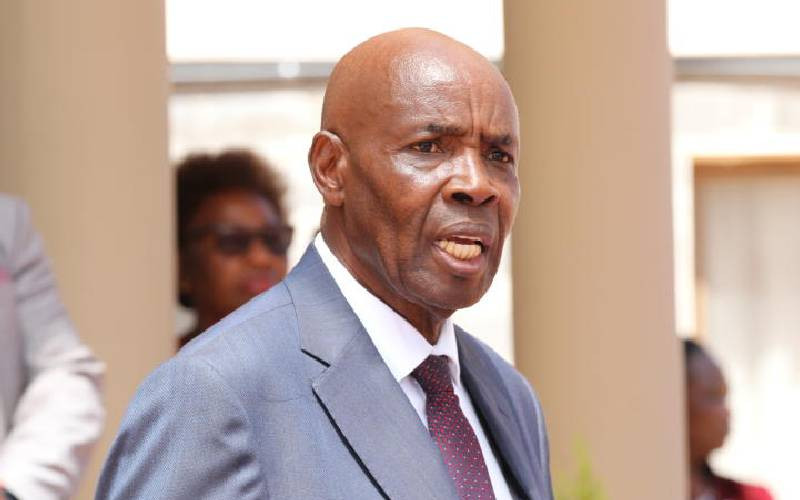×
The Standard e-Paper
Join Thousands Daily

The Ministry of Education has reversed its plans to eliminate boarding schools at the primary level of education.
Speaking at the Kenya Institute of Curriculum Development, Education CS Ezekiel Machogu urged boarding school heads to continue improving infrastructure to admit more students to day wings.